Alessandro Poggiali
Quantum Patch-Based Autoencoder for Anomaly Segmentation
Apr 26, 2024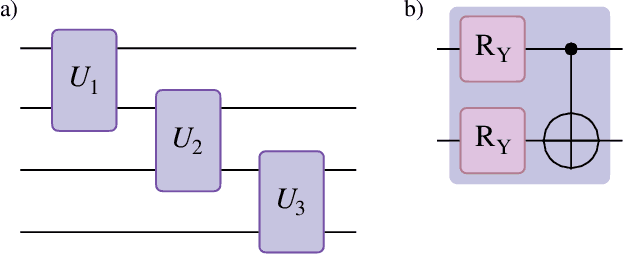
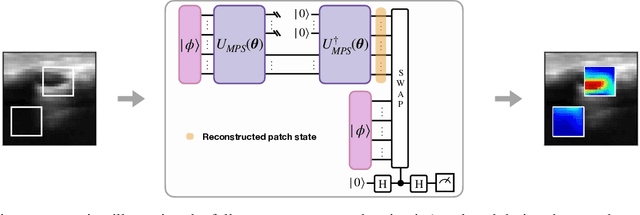
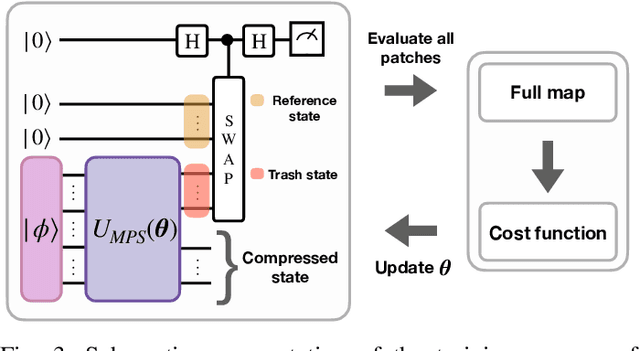
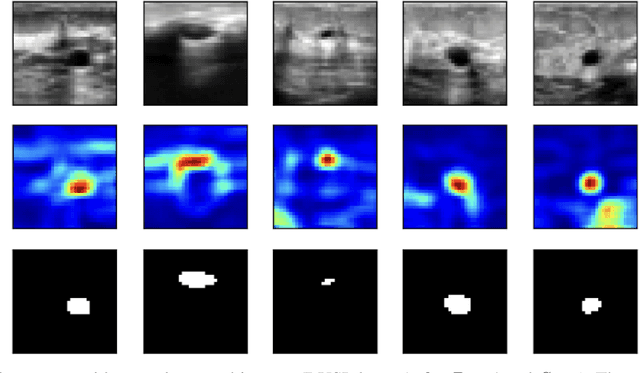
Abstract:Quantum Machine Learning investigates the possibility of quantum computers enhancing Machine Learning algorithms. Anomaly segmentation is a fundamental task in various domains to identify irregularities at sample level and can be addressed with both supervised and unsupervised methods. Autoencoders are commonly used in unsupervised tasks, where models are trained to reconstruct normal instances efficiently, allowing anomaly identification through high reconstruction errors. While quantum autoencoders have been proposed in the literature, their application to anomaly segmentation tasks remains unexplored. In this paper, we introduce a patch-based quantum autoencoder (QPB-AE) for image anomaly segmentation, with a number of parameters scaling logarithmically with patch size. QPB-AE reconstructs the quantum state of the embedded input patches, computing an anomaly map directly from measurement through a SWAP test without reconstructing the input image. We evaluate its performance across multiple datasets and parameter configurations and compare it against a classical counterpart.
Quantum Clustering with k-Means: a Hybrid Approach
Dec 15, 2022

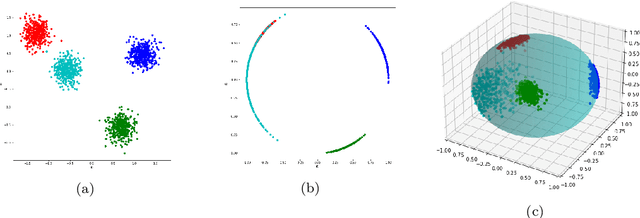

Abstract:Quantum computing is a promising paradigm based on quantum theory for performing fast computations. Quantum algorithms are expected to surpass their classical counterparts in terms of computational complexity for certain tasks, including machine learning. In this paper, we design, implement, and evaluate three hybrid quantum k-Means algorithms, exploiting different degree of parallelism. Indeed, each algorithm incrementally leverages quantum parallelism to reduce the complexity of the cluster assignment step up to a constant cost. In particular, we exploit quantum phenomena to speed up the computation of distances. The core idea is that the computation of distances between records and centroids can be executed simultaneously, thus saving time, especially for big datasets. We show that our hybrid quantum k-Means algorithms can be more efficient than the classical version, still obtaining comparable clustering results.
 Add to Chrome
Add to Chrome Add to Firefox
Add to Firefox Add to Edge
Add to Edge